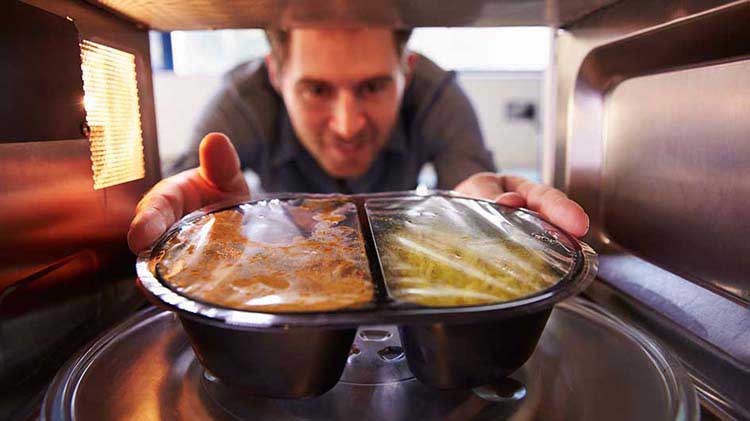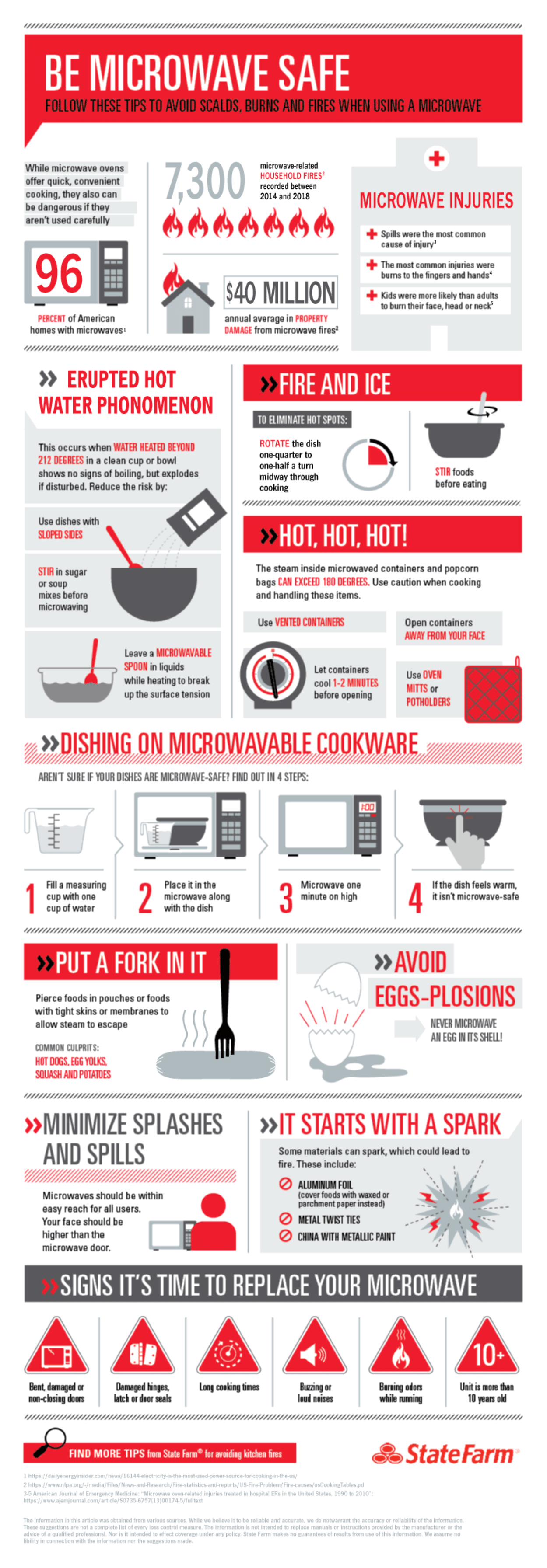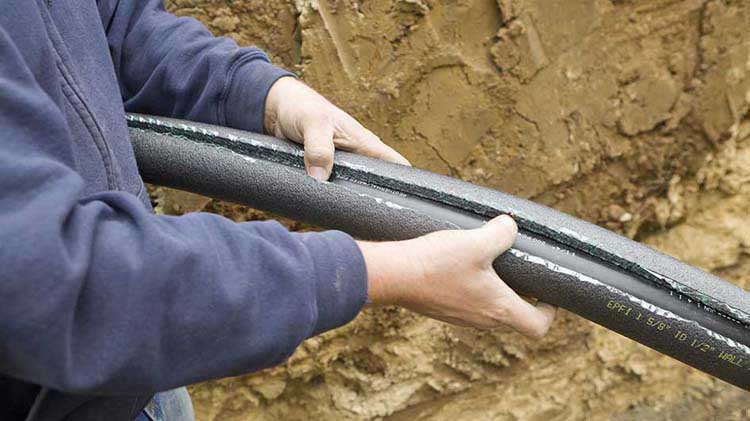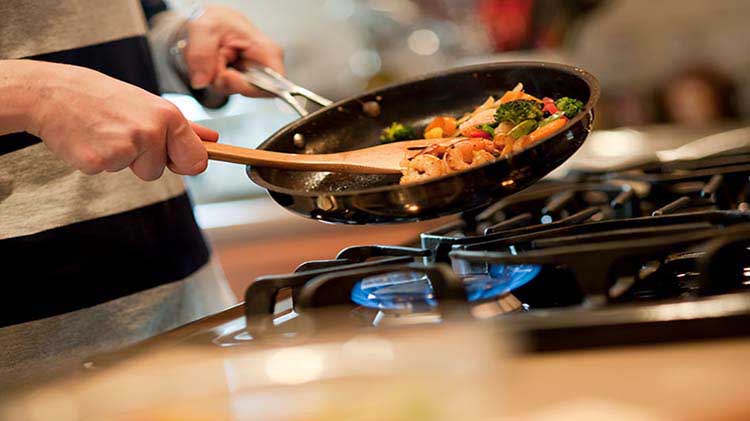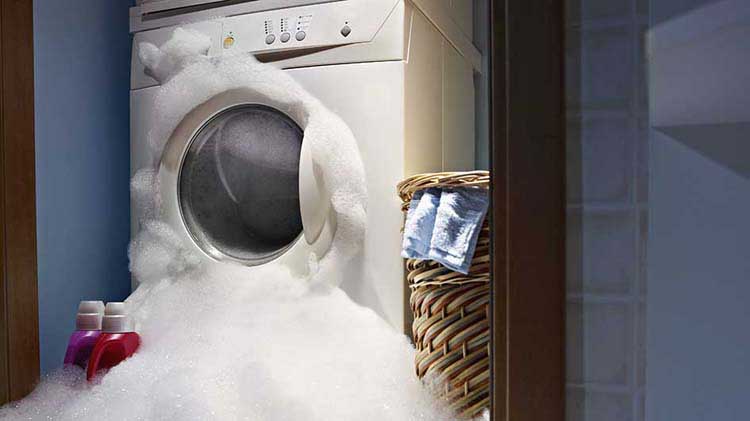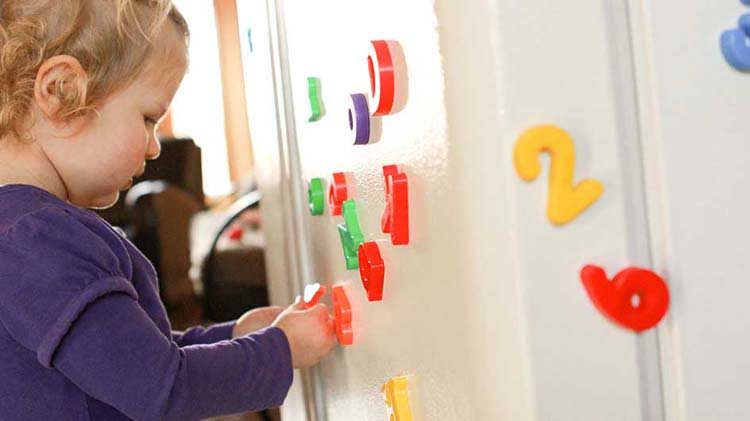Microwave safety: Beware of potential dangers
Microwave ovens are quick and convenient, but be sure to microwave safely.
Microwave safety
While microwave ovens offer quick, convenient cooking, they can also be dangerous if not used carefully.
- 96% of American homes have a microwave oven.
- 7,300 microwave-related household fires were recorded between 2014 and 2018.
- The annual average for property damage due to microwave fires between 2014 and 2018 is $40 million.
Microwave injuries
- Spills are the most common cause of injuries.
- The most common types of injuries were burns to the fingers and hands.
- Children are more likely to burn their face, head or neck than adults.
Erupted hot water phenomenon
This phenomenon happens when water heated beyond 212 degrees Fahrenheit in a clean cup or bowl shows no signs of boiling, but explodes if disturbed. To help reduce this risk:
- Use dishes with sloped sides,
- Stir in sugar or soup mixes before microwaving, and
- Leave a microwavable spoon in liquids while heating to break up the surface tension.
Fire and ice
To eliminate hot spots in microwaved foods:
- Rotate the dish one-quarter to one-half a turn midway through cooking.
- Stir foods before eating.
Hot, hot, hot!
The steam inside microwaved containers and popcorn bags can exceed 180 degrees Fahrenheit. Use caution when cooking with or handling these items.
- Use vented containers,
- Open containers away from your face,
- Let containers cool for 1 to 2 minutes before opening, and
- Use oven mitts or potholders.
About microwavable cookware
Unsure if your dishes are microwave safe? Find out in 4 steps:
- Fill a measuring cup with one cup of water.
- Place it in the microwave along with the dish you want to test.
- Microwave on high for one minute.
- If the dish feels warm, it isn't microwave safe.
Put a fork in it
Foods in pouches or foods with tight skins or membranes should be pierced to allow steam to escape and prevent them from exploding. The foods most commonly known for exploding are:
- Hot dogs,
- Egg yolks,
- Spaghetti squash, and
- Potatoes
Additionally, you can prevent whole eggs from exploding - never cook an egg in the shell in the microwave!
Minimize splashes and spills
Microwaves should be within easy reach for all users. Your face should be higher than the microwave door.
It all starts with a spark
Some materials can spark when microwaved, which could cause a fire. You shouldn't microwave:
- Aluminum foil (cover foods with waxed paper or parchment instead),
- Metal twist ties, or
- Tableware with metallic paint.
Signs that it's time to replace your microwave
- The door is bent, damaged, or does not close properly,
- Hinges, seals or the latch are damaged,
- Cooking times have become longer than normal,
- The microwave makes loud or buzzing noises,
- There is a burning smell while running the microwave, and
- The unit is more than 10 years old.
